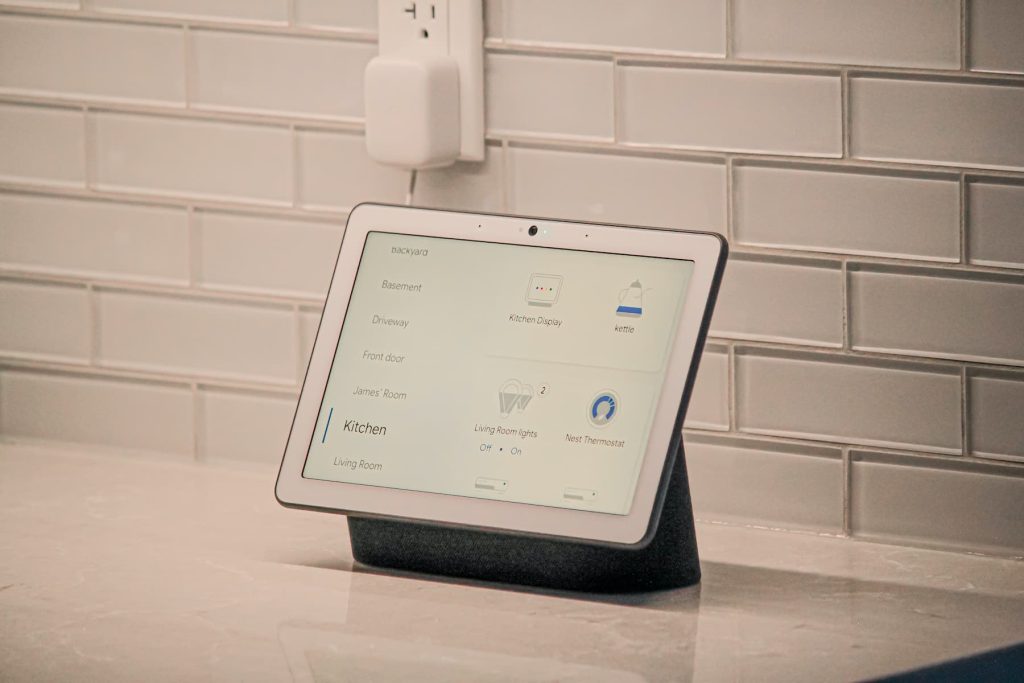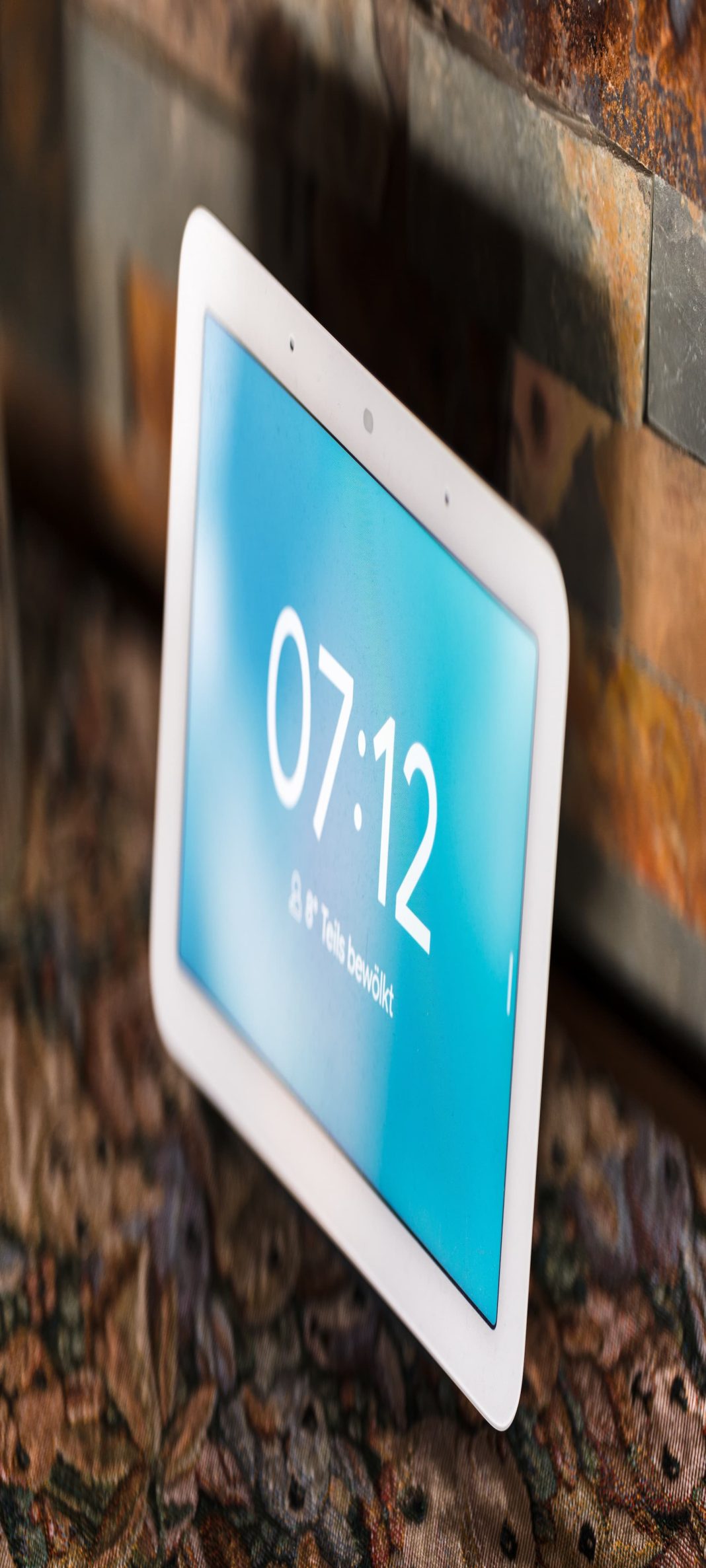A few years back, I had a choice to make. I had been sent a few smart speakers from Amazon and Google. While Amazon’s Alexa was good, Google Assistant was nailing conversational smart home control and so my mind was made up. It’s gotten pretty rocky since. So bad, in fact, I considered turning back. But with Google Bard growing in popularity, Alphabet, Google’s parent company, has one final ace up its sleeve. Integrating Bard with Google Assistant.
The Problem With Google Assistant
You’d be forgiven for thinking Alphabet (which I’m just calling Google from here on out) and Google was a success story. But over the past few years, fairly hefty projects have been closed. While Google Plus wasn’t a surprise entry to that list, Google Stadia did die out at a shocking pace, just over 3 years after it was started.
Google does fail, and Google does introduce things that it grows bored of. And that’s what I genuinely thought Google Assistant was becoming.
I have two Google Nest Hubs, the ones with the screens and a few other speakers dotted around my home. I use them for timers, smart home controls, playing music and watching Netflix or YouTube while I cook. But more and more, Google Assistant has no idea what I’m asking it to do. Anything beyond the simplest of commands seems to confuse the system.

While that alone isn’t an issue, it worries me that this system should be getting better over time – not worse. That points to one simple assumption. Google isn’t really investing in this or giving it the time it deserves.
Now, Google could be preparing Assistant for the scrap heap, but it isn’t. And that’s solely down to the potential of Bard.
What is Bard?
Let’s ask Bard itself to explain it.
Imagine you have a personal assistant that can answer your questions, generate creative text formats, translate languages, and help you brainstorm ideas. That’s basically what Bard is, an amazing AI tool from Google that’s still under development but has already learned to perform many kinds of tasks.
Bard is powered by Google’s powerful artificial intelligence called LaMDA (Language Model for Dialogue Applications). It’s like having a giant encyclopedia and a creative writing expert in your pocket, all rolled into one.
Basically, that’s it. For the average Joe, Bard is a website where you can type in queries and prompts before getting responses and suggestions. But Bard is also a sign of how Google was kind of caught napping.
To show just how lax Google has become in recent years, ask someone about AI. “AI” has had a breakthrough year in 2023 and that’s down to Microsoft’s Chat-GPT. This year, 1 in 10 employees in Ireland have said they’ve used AI in work. That’s an emerging technology becoming a household name in the space of a few months and it was led by OPEN AI and Microsoft. Google was nowhere to be seen until very late in 2023.
That’s what Bard is. Bard is Google’s AI-powered platform. The funny thing is, that while it was second to market, at least in terms of perception, I personally believe it to be much more powerful than Chat-GPT.
Why does this matter for Google Assistant?
Bard and Google Assistant
Google Assistant today, is relatively rudimentary. A microphone recognises your voice and the words you’re saying. It looks up those words against an index of commands and tries to understand what best to do. This could be “Hey Google…turn on the lights” or “Hey Google…set a timer for 5 minutes”.
Google Assistant can do some fairly cool stuff too, including looking up the wider internet for recipes and bringing you through cooking it step by step. But Google Assistant is, pretty simple. If anything out of left field is thrown at Assistant, it tends to break down.
As I’ve said, in recent years Google Assistant is breaking down nearly as much as it completes a request. But with Bard integration, Google Assistant should be better able to comprehend user inputs. Google stops shy of saying Bard should “think” better about what it’s doing.
In October 2023, Google confirmed that it would be integrating Bard with Google Assistant; an AI-powered assistant. The reality of jus “how good” this combination is remains a mystery. On paper, it should be a massive step forward. I used to daily drive a Google Pixel 6 Pro and was impressed with features like being able to screen calls. Bard Assistant should be the savior of Google Assistant. Google has stated that Assistant lives on 1 billion devices. A colourful way of dressing up that stat and hiding what seems to be a lack of daily active users. But should Bard Assistant develop anywhere near the hype that Chat GPT did, 2024 could be a very exciting year for Google Assistant-powered devices.


